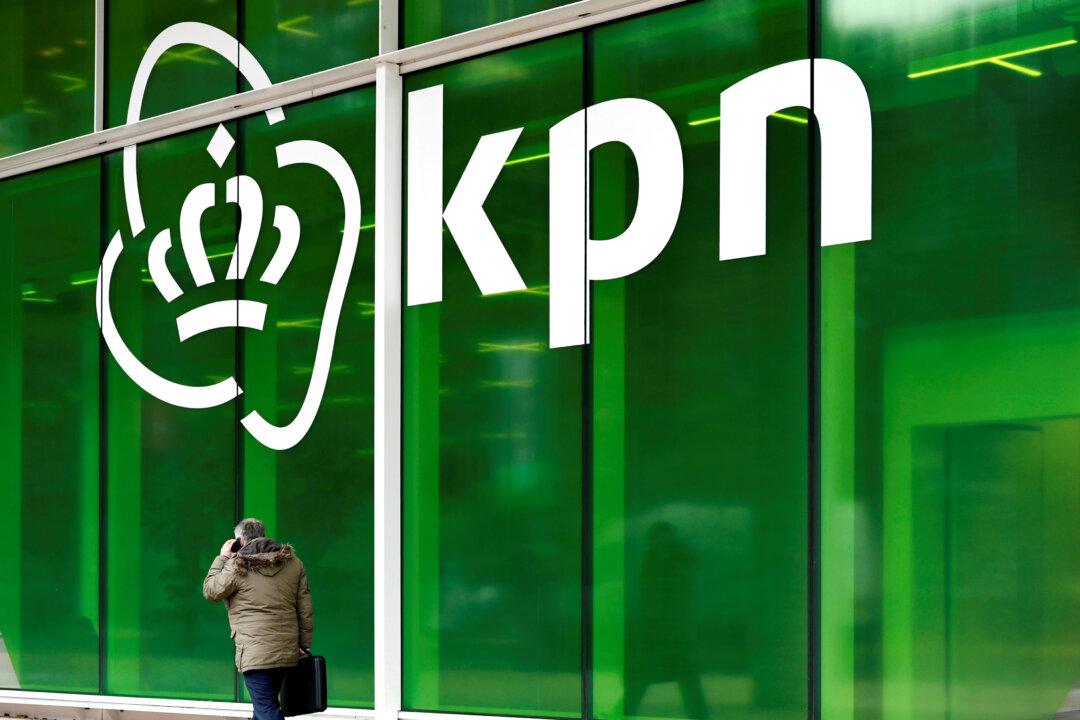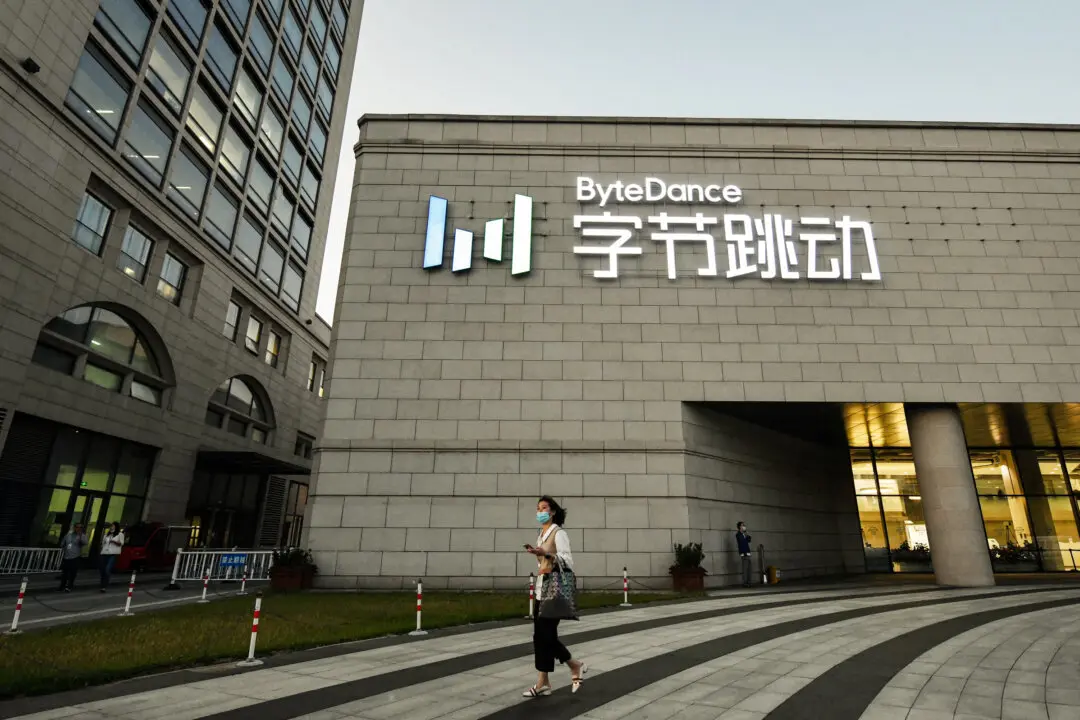The Chinese military-affiliated technology firm Huawei, which supplied telecom equipment to Netherlands’ largest mobile phone network KPN, had unlimited access to the Dutch company’s 6.5 million users including the then Dutch Prime Minister’s phone calls and personal data.
On April 17, Dutch newspaper de Volkskrant reported that in 2010 KPN commissioned the Capgemini consultancy firm to do an internal investigation on the security of its Huawei core network. However, Capgemini’s confidential report was so damning that KPN buried it until recently when it was brought to light, according to de Volkskrant.




